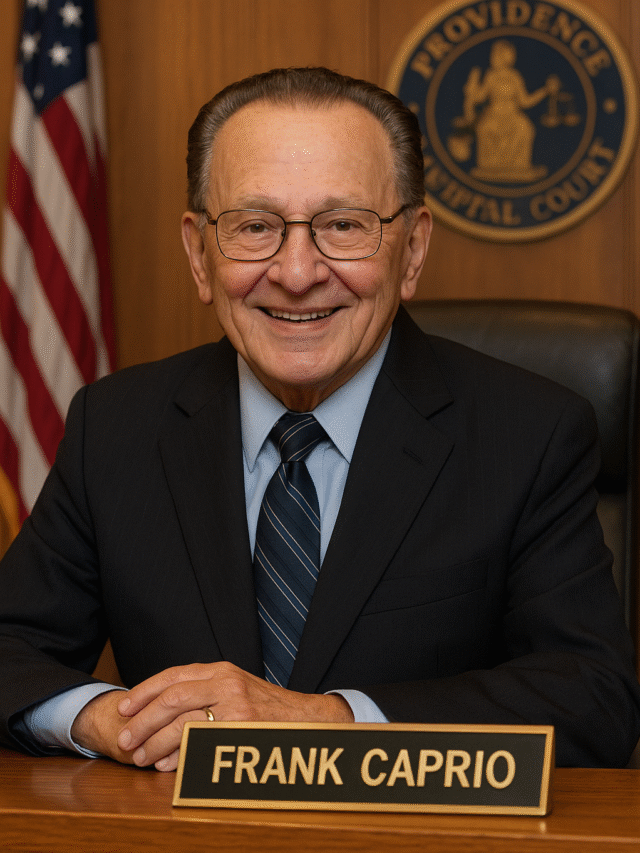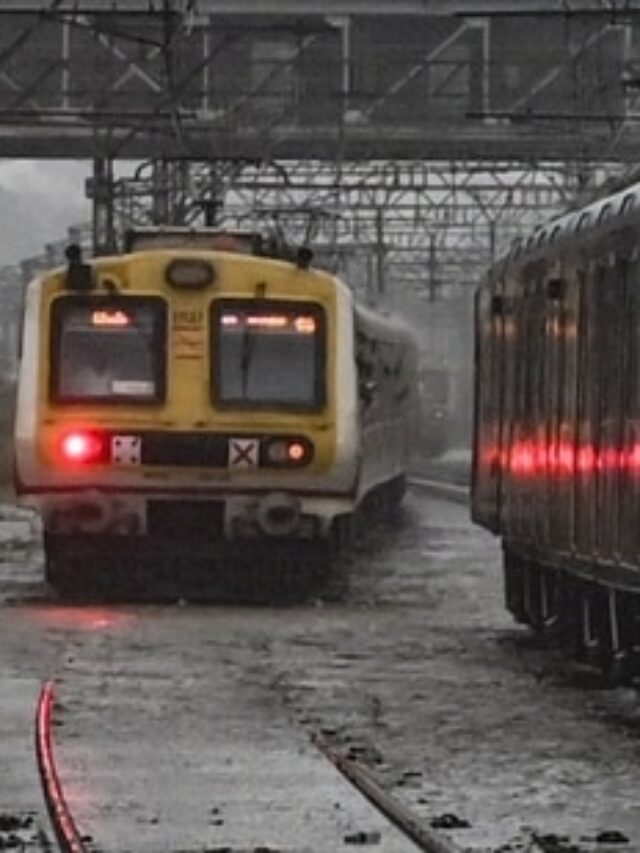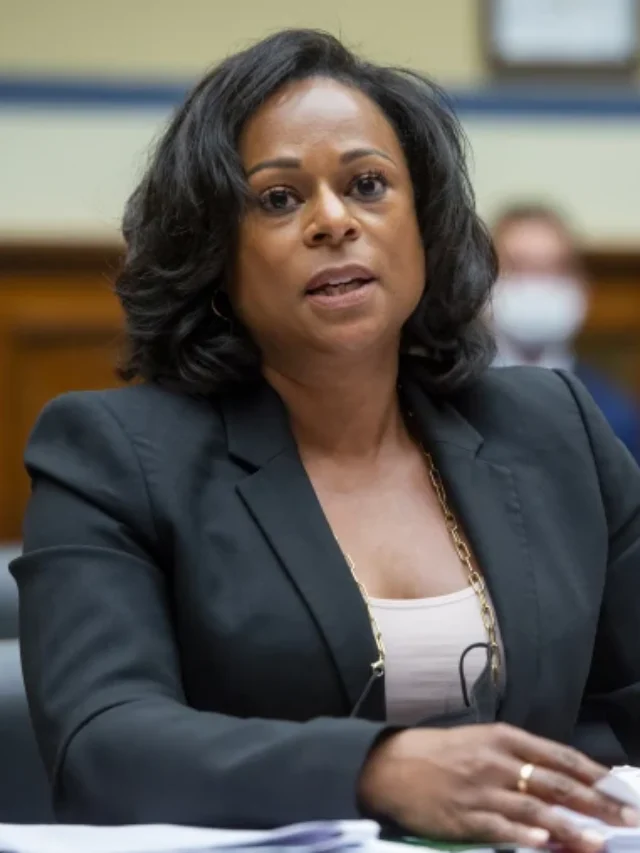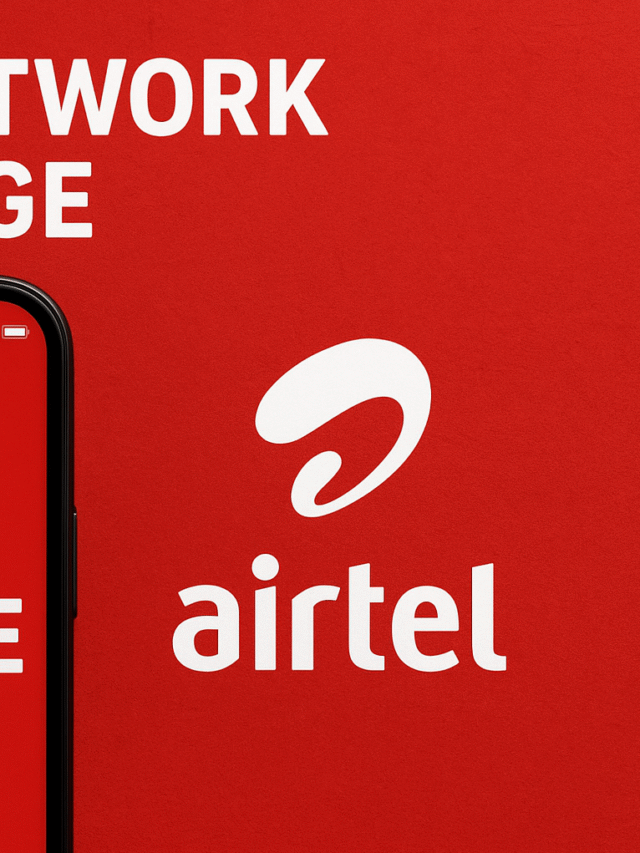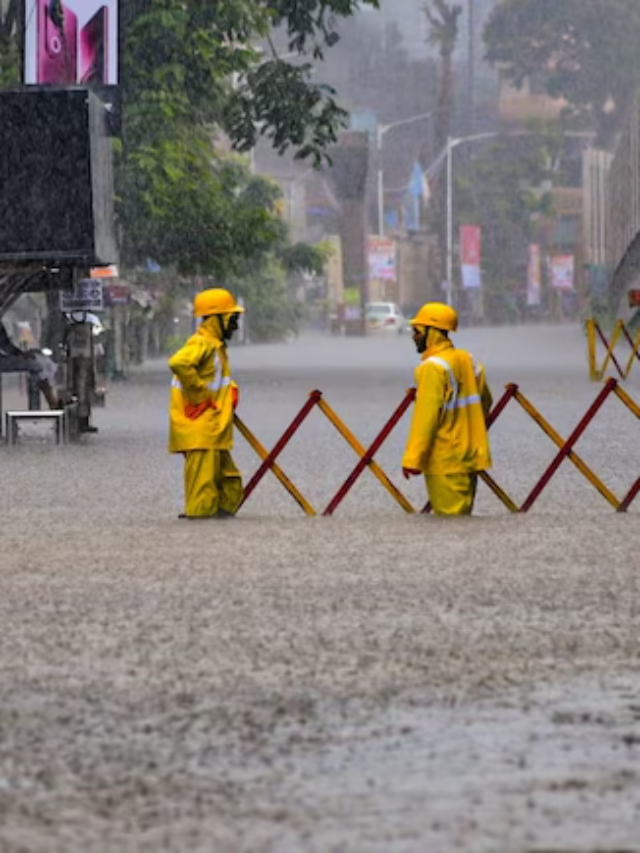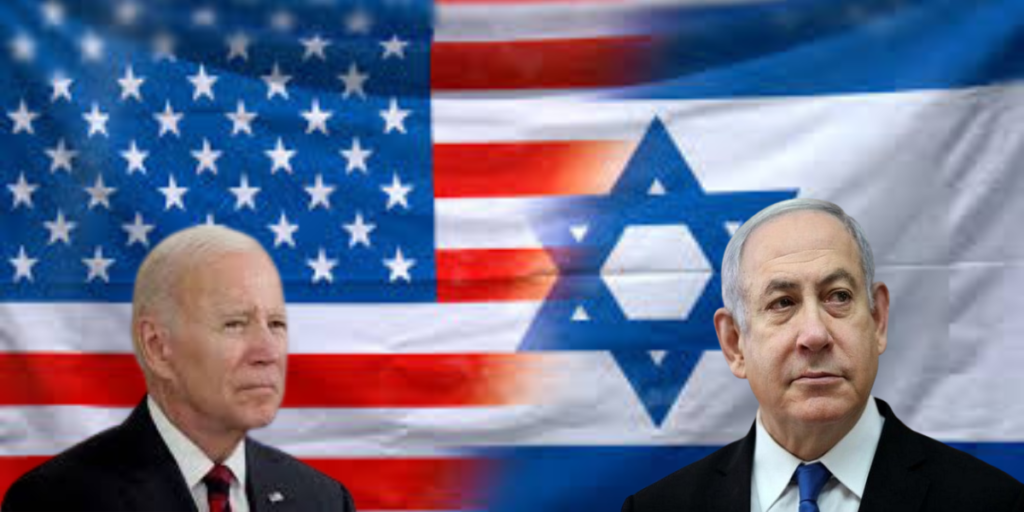
US President Joe Biden called the ceasefire “good news”. Speaking from the Rose Garden of the White House, he said that the governments of Israel and Lebanon had “accepted a proposal to end the devastating conflict between Israel and Hezbollah”.
Biden said that under the deal between the two countries, fighting on the Lebanon-Isr border will cease at 4 am Lebanese time on Wednesday (7:30 am Indian time on Wednesday). Biden has described this move as a step towards a permanent ceasefire.
He also said that whatever remnants of Hezbollah and other terrorist organizations remain will not be tolerated. He also said that if Hezbollah or anyone else violates the agreement and poses a threat to Isr will have the right to self-defense according to international law.
Netanyahu gave three reasons.
PM Netanyahu said that a ceasefire with Hezbollah is the need of the hour at this time because the ISR army wants to focus on the challenge it is currently facing from Iran. His second reason is that the ISR army needs to increase its weapons stockpile.
Giving the third reason, he said that the ceasefire with Hezbollah is also a way to isolate Hamas. Hamas was dependent on Hezbollah from the beginning. It was taking help from Hezbollah in the war. Now after the ceasefire with Hezbollah, they will be isolated. In such a situation, if Hezbollah helps Hamas by violating the ceasefire rules, then Isr will take retaliatory action.
Israel attacks Lebanon before ceasefire, 10 killed
Just hours before the ceasefire was announced, Isr launched a missile attack on the Lebanese capital, Beirut, killing 10 people.
Earlier on Sunday, Hezbollah launched its largest-ever attack on Isr. Hezbollah used more than 250 missiles for this attack. According to the report, Netanyahu also discussed the ceasefire plan with Israeli officials on Sunday.
Isr killed Hezbollah leader Hassan Nasrallah in a strike on September 27. Three days later, Israel launched a ground operation against Hezbollah in Lebanon late on October 1.
Israeli leaders called the ceasefire a wrong move
Israel’sNational Security Minister Itamar Ben-Gvir has called Netanyahu’s ceasefire decision a wrong move. Itamar said that if the ceasefire takes place, it will give Hezbollah the opportunity to completely eliminate it. This would be a historic mistake. Ben-Gvir has long opposed a ceasefire with Hezbollah.
America signed a ceasefire agreement.
After holding talks in Lebanon, Amos arrived in ISR on Wednesday, where talks were held to finalize a ceasefire. The plan proposes a ceasefire between ISR and Hezbollah for the next 60 days.
What is UN Resolution 1701?
In July 2006, Hezbollah fighters crossed the Lebanese border and killed 8 ISR soldiers. In addition, they took two soldiers hostage. Through this, Hezbollah wanted to exchange prisoners with ISR.
However, in response to the deaths of soldiers and the taking of hostages, ISR launched airstrikes and ground operations against Hezbollah. The war between the two lasted for a month. After this, a proposal was brought to the UN regarding a ceasefire between the two.
According to this resolution, the land occupied by ISR on Lebanon’s southern border was evacuated by ISR. Along with this, Lebanese soldiers were deployed in the areas evacuated by Hezbollah.
Israel eliminated Hezbollah's top leadership
ISR had eliminated its top leadership in Lebanon before launching a ground operation. The most prominent of these was Hezbollah chief Hassan Nasrallah. On September 27, Israel attacked Beirut, Lebanon, with 80 tons of bombs.
